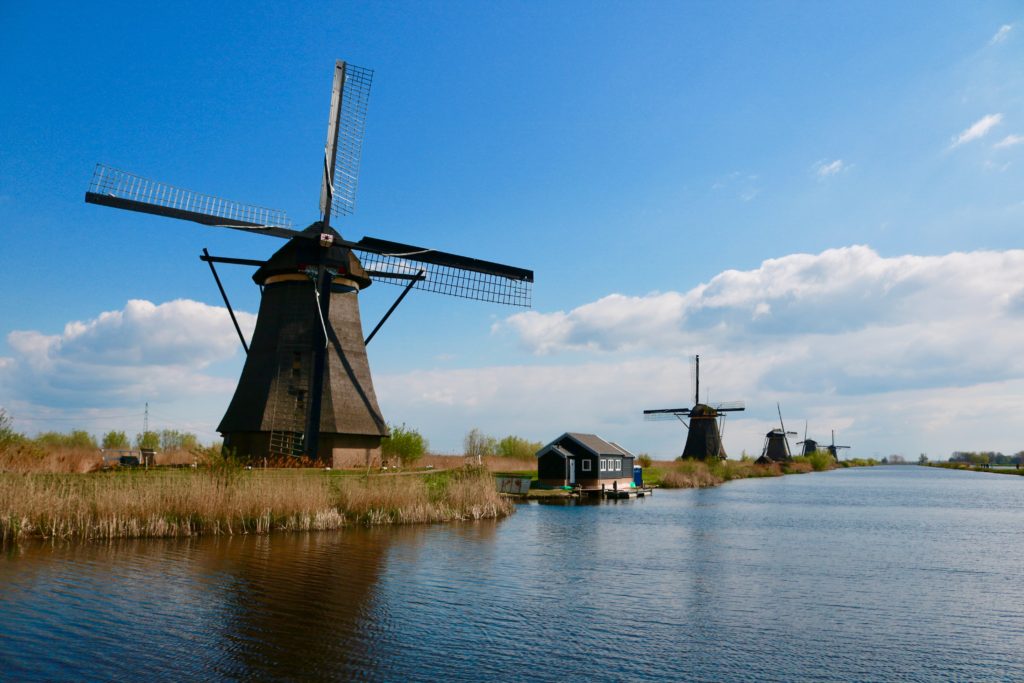
Sustainable Capitalism
Larry Fink would like you to know that he’s a capitalist. He’s the founder and CEO of Blackrock, the world’s largest asset manager, so it makes sense that he would be. However, Mr. Fink has drawn criticism in the last few years for his annual letter to CEO’s, in which for the last several years he has stressed the importance of sustainable investing. In 2020, Mr. Fink bluntly asserted that climate risk is investment risk, and called for companies to disclose data on sustainability and to implement policies for adapting to climate risk. Companies that failed to do so would find Mr. Fink’s voting power deployed against their boards, a significant threat from a firm with over $10 trillion in assets.
While many investors agree with Mr. Fink’s forward-looking attitude about climate risk and sustainability, he’s also been criticized as supporting a form of corporate socialism. According to Charles Elson, a corporate governance expert at the University of Delaware: “This is fundamentally not the role of a public company, and it’s unfair to investors who may not agree with his politics. A CEO shouldn’t use house money to further a goal that may not create economic returns.”
In this year’s letter, Mr. Fink claps back at his critics with a rousing defense of “stakeholder capitalism,” in which corporations are oriented toward the interests of all their stakeholders, including customers, suppliers, employees, shareholders and local communities. As a long-term investor and a fiduciary, he defines his clients’ interests as aligned with companies that are going to have durable profitability over time. In Mr. Fink’s view, the companies most likely to achieve sustainable profitability are those who can clearly define and articulate their purpose and values, and who can maintain that continuity of purpose while continually evolving to meet the demands of a changing world. He warns that companies which fail to adapt will risk being displaced by more agile competitors.
As an example of the need for constant corporate rejuvenation, Mr. Fink noted the changes brought about by the pandemic, and how employees’ expectations have shifted toward more flexible work situations. His company’s research shows that more responsive companies are seeing lower turnover and higher productivity through the pandemic. Companies unable to adapt will have high turnover, which increases costs and reduces productivity, as well as diluting corporate culture and values.
Mr. Fink cites the abundance of capital, especially through non-traditional sources, as fuel for disruptive startup companies across all market sectors. Established companies will need to commit to constant evolution and process improvement in order to compete with more nimble newcomers. Investors are responsible for seeking out promising companies that can deliver results. CEO’s are responsible for attracting capital to their firms in a responsible and sustainable way. In short, Mr. Fink makes the argument that capitalism itself serves as an engine for driving innovation, solving problems and building resilience in our economy.
While we face daunting challenges with climate change, in Mr. Fink’s opinion the energy transition represents the greatest investment opportunity of our lifetime. He believes that the most promising new companies will be sustainable, scalable innovators that help make decarbonizing affordable for everyone. Established companies will also bring resources and expertise in contribution to this transition, and governments must help with coherent policies. Change that is too abrupt can cause societal problems and more polarization around climate change, eroding support for the overall transition. But we can do this, and the efficient allocation of capital can help.
“Stakeholder capitalism is not about politics. It is not a social or ideological agenda. It is not “woke.” It is capitalism, driven by mutually beneficial relationships between you (CEO’s) and the employees, customers, suppliers and communities your company relies on to prosper. This is the power of capitalism. In today’s globally interconnected world, a company must create value for, and be valued by, its full range of stakeholders in order to deliver long-term value for its shareholders.“
Laurence Fink
You can read the full Letter to CEO’s here:
If you’d like to discuss sustainable investing, please contact us. We have a full suite of portfolios screened for Environmental, Social and Governance factors (ESG), which can be tailored to suit your situation. You can learn more about ESG investing here:
https://empowermentfinance.com/services-sustainable-investing.html
